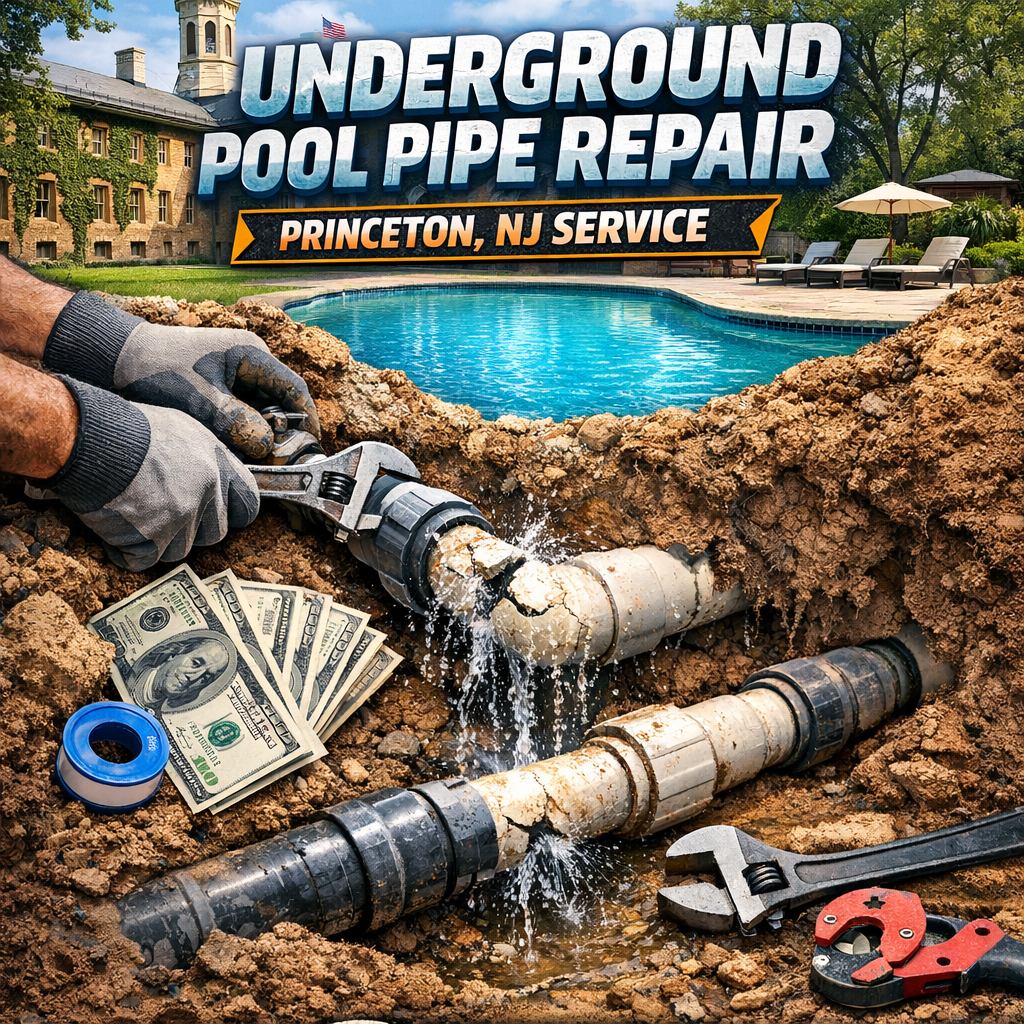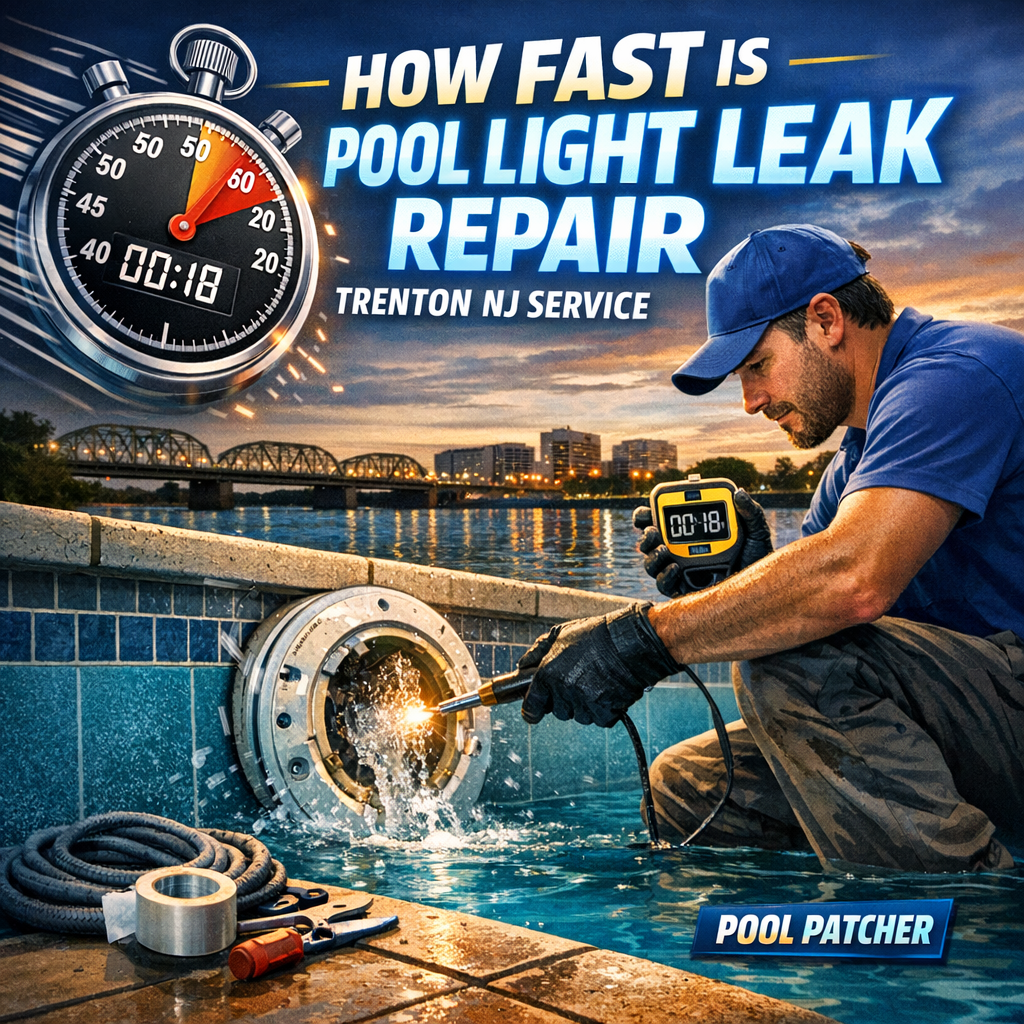Deal pools, often characterized by their aesthetic appeal and durability, are popular choices for residential and commercial swimming facilities. However, owners frequently encounter issues related to tile and grout leaks, which can compromise the pool’s integrity and lead to costly repairs. Understanding the underlying reasons for these leak problems is essential for effective maintenance and prevention. This article explores the composition of deal pools, common causes of tile and grout leaks, and practical strategies to prevent and address these issues.
Understanding the Composition of Deal Pools and Their Materials
Deal pools are constructed using a combination of concrete or shotcrete shells, waterproofing membranes, tile linings, and grout joints. The tiles are typically made from ceramic, porcelain, or glass, selected for their durability and aesthetic qualities. Grout, a cement-based material, fills the gaps between tiles to secure them in place and prevent water penetration. The overall performance of a deal pool heavily depends on the quality of these materials and the precision of their installation. Proper bonding between the tiles and the waterproofing layer is crucial to prevent water seepage, making the choice of materials and adherence to installation standards vital for long-term durability.
Common Causes of Tile and Grout Leaks in Deal Pool Structures
Tile and grout leaks in deal pools often result from a combination of material degradation and installation issues. Over time, exposure to chemicals, temperature fluctuations, and constant water contact can weaken grout joints, leading to cracks and deterioration. Poor installation practices, such as inadequate surface preparation, improper mixing of grout, or insufficient curing, can also create vulnerabilities where water can seep through. Additionally, structural shifts or settling of the pool shell may cause tiles to loosen or crack, further compromising the waterproof seal. These factors collectively contribute to persistent leaks, which, if left unaddressed, can cause significant water loss and structural damage.
Preventive Measures and Repairs for Tile and Grout Leak Issues
Preventing tile and grout leaks in deal pools involves meticulous installation practices, regular maintenance, and timely repairs. Applying high-quality waterproofing membranes beneath the tile layer can provide an extra barrier against water infiltration. Proper surface preparation, including cleaning and priming, ensures better adhesion of grout and tiles. Routine inspections to identify early signs of cracks or loose tiles allow for prompt repairs, such as regrouting or replacing damaged tiles. In cases of significant leaks, professional assessment and waterproofing restoration may be necessary to restore the pool’s integrity. Implementing these preventive measures can extend the lifespan of deal pools and minimize costly leak repairs.
Understanding the materials and causes behind tile and grout leaks in deal pools is essential for effective maintenance and prevention. By selecting appropriate materials, adhering to proper installation techniques, and conducting regular inspections, pool owners can significantly reduce the risk of leaks and ensure their pools remain safe and visually appealing for years to come.






